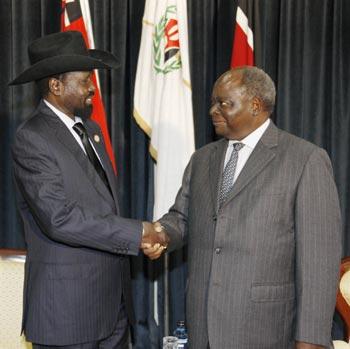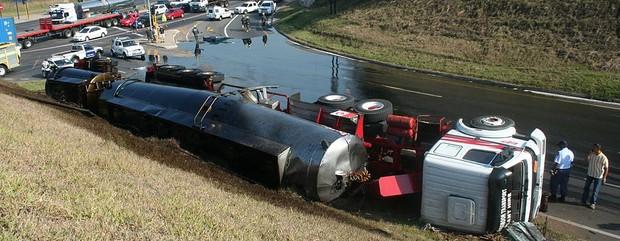Darfur: Who is Killing? Who is Dying?
The AUPD Report includes an Appendix that compiles the existing data for violent fatalities in Darfur from 1 January 2008 until 31 July 2009. As many people have not read that part of the report (pages 107-115), it is excerpted and reproduced here: AUPD Annex B fatalities in Darfur
Some assistance may be helpful in reading the table on page 13, which contains numbers based on the identities the perpetrators and victims when they could be ascertained. The categories are ‘Regular Forces’ (including the army, police, Popular Defence Forces, etc.), ‘Irregular Forces’ (pro-government militia), ‘Signatory Movements’ (SLA-Minawi and SLA-Free Will), ‘Non-signatory Movements’ (JEM, SLA-Abdel Wahid, etc.), ‘Tribes’ (tribal militia, coded this way when fighting other tribal militia), ‘Bandits’ and ‘Civilians.’
To find out who was killed by (for example) the signatory movements, read the row with ‘Signatory Movements’ on the left and read across: they killed 8 soldiers and policemen, 9 militiamen, 48 members of signatory movements (this was mainly SLA-Minawi fighting SLA-Free Will), 12 members of the non-signatory movements, and 203 civilians.
To find out who killed (for example) civilians, take the column headed ‘Civilians’ and read down: 131 civilians were killed by the regular forces, 85 by militia, 203 by signatory movements, 36 by non-signatory movements, 81 by bandits and 51 by other civilians (i.e. homicides unrelated to the conflict).
This table provides some backing for the description of Darfur by the former head of UNAMID as a ‘war of all against all.’ It is interesting that 15 members of the regular forces died fighting other members of the regular forces, and that fighting between regular forces and pro-government militia claimed 51 lives, and violence among pro-government militia caused 84 deaths. This makes a total of 148 deaths caused by fighting among pro-government forces–a number that excludes the 614 deaths attributable to inter-tribal violence, which is almost all among groups that are aligned with Khartoum and in large part armed by Khartoum, most of them Arabs.
But the data also make clear that not all are fighting all with the same intensity. For example, despite the fragmentation of the armed movements, there were only two recorded fatalities caused by violence among the non-signatory movements. Measured in terms of lethal violence, fragmentation among the government forces has been far more dangerous than fragmentation among the rebel groups.
The analysis in this Appendix provides a example of the data and analysis that can be the basis for ‘evidence-based peacekeeping.’







Alex, thanks for posting this data. This information will be very useful to me, and I hope to others.
I have been out of the loop for a bit trying to finish some writing. One project is a book review of Souad T. Ali’s book, “A Religion, Not a State,” which is an analysis of Ali ‘Abd al-Raziq’s Islamic Justification of Political Secularism. I have been following with great interest the commentaries on the posting Nasredeen Abdulbari’s “Tragedy of a People under Attack: Who is Responsible for the Failure?” but I have not had the time to post a comment of my own, but given the very thoughtful comments, there is little I could have added to the discourse that has not been said at this point.
Best regards,
Oscar